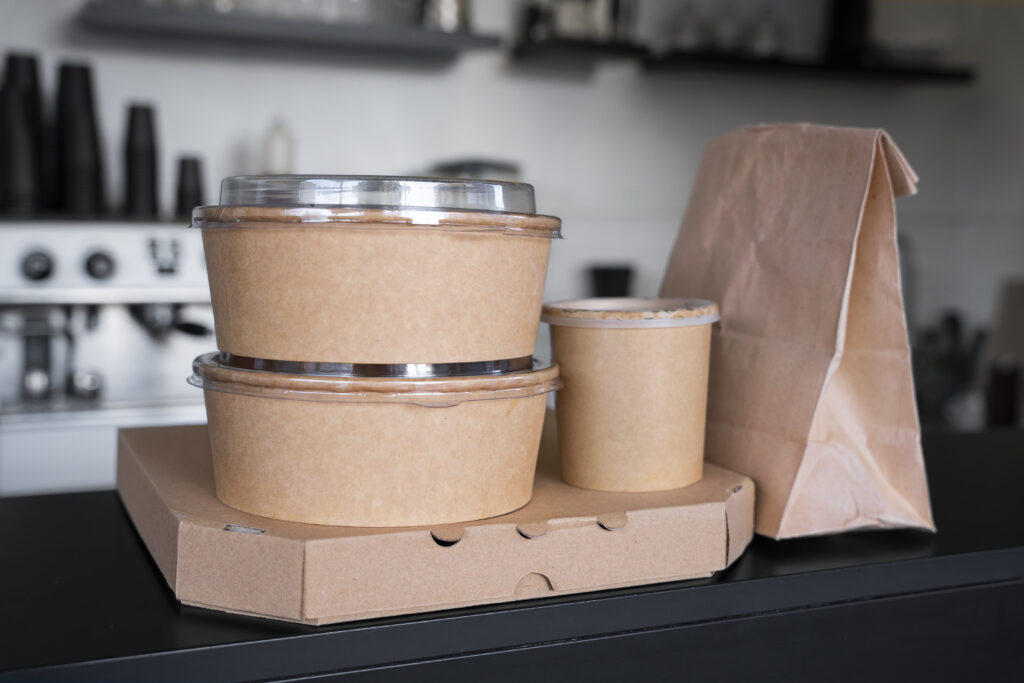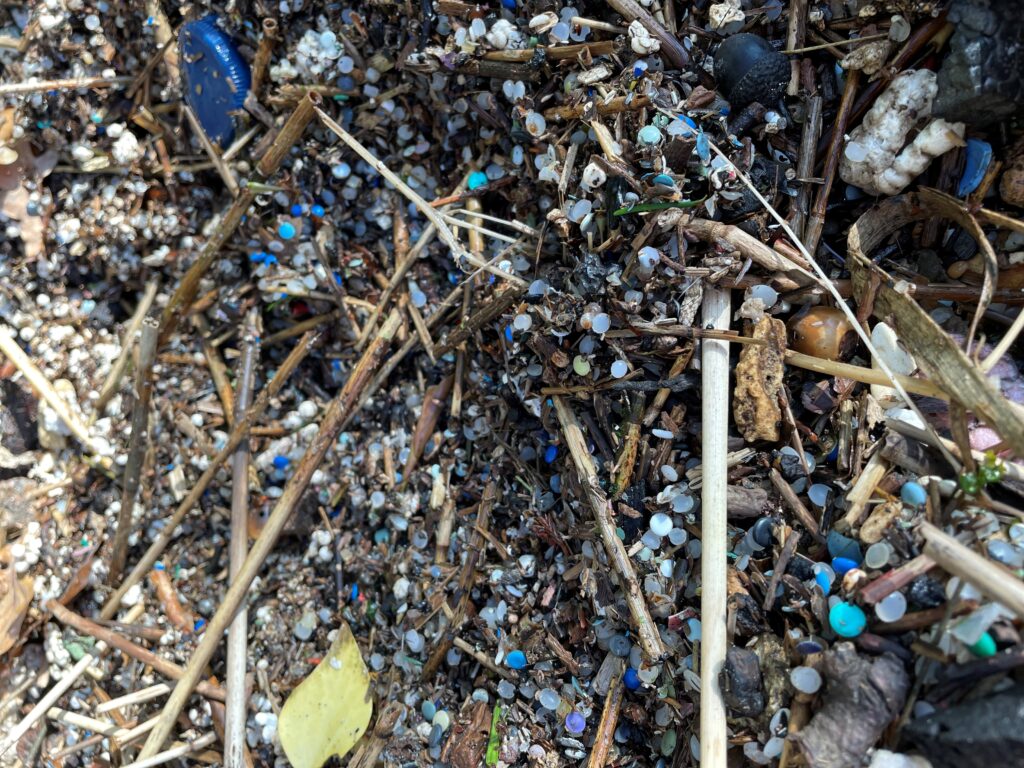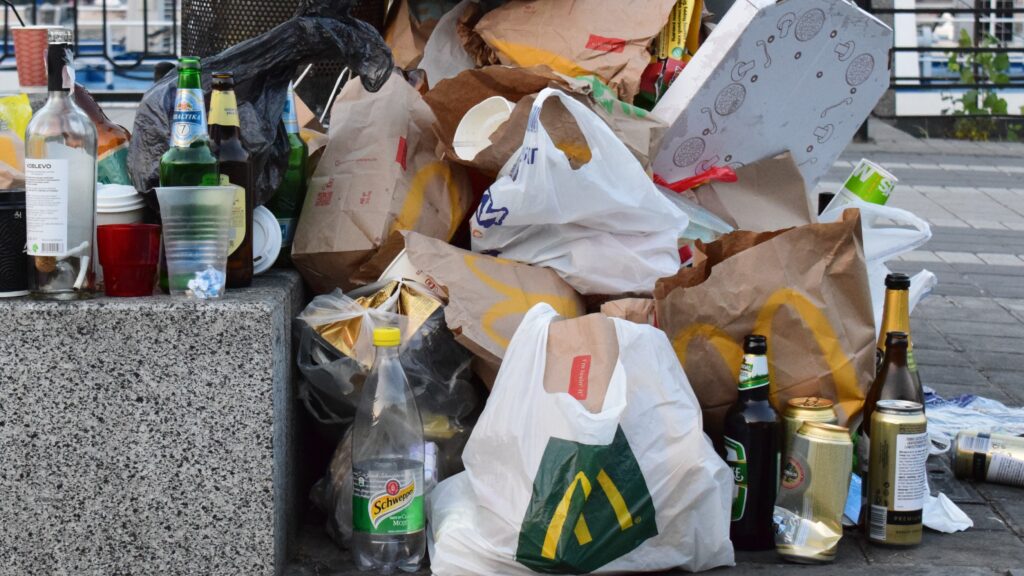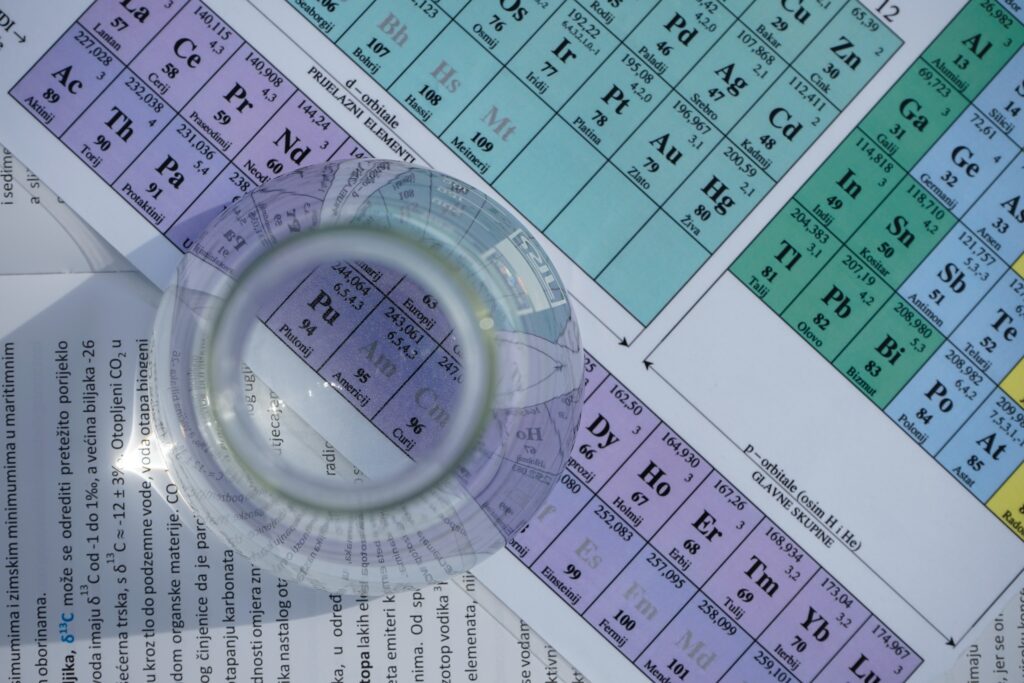Filters

Paper and cardboard require functionalisation so that they can be used in contact with food. Functionalisation may include adding a barrier function to water, grease, gases, etc. This is mainly achieved through the use of plastic, i.e. the combination of polymer(s) + additive(s). Paper and cardboard
food packaging are therefore not free from plastic. As such, most paper and cardboard packaging remain at the same level as “single-use plastics”, as defined in the European Directive on Single-Use Plastics.

In line with our letter sent to Commissioners on 30 November 2023 regarding substances of concern in the Ecodesign for Sustainable Product Regulation (ESPR)1, we are now calling on negotiators […]

Single Use Plastics Directive Implementation Assessment Report February 2024 Focus on Extended Producer Responsibility schemes on tobacco-related products Cigarette buts are the most commonly found litter worldwide in clean-up activities […]

After yet another container loss, the shores of Galicia, Asturias and Cantabria(Spain), along the Atlantic coast, are under siege from a relentless tide ofmicroplastics. Those small particles washing ashore are […]

Plastic pellets, whether derived from virgin material, recycled sources or biomass, constitute the primary building blocks for the majority of plastic products. The European Commission’s Proposal for a Regulation on […]

Levels of packaging waste in Europe are at an all-time high. Over the last decade, its growthoutpaced the economy rising faster than the volume of traded goods. The latest Eurostat […]


A new report by the Rethink Plastic Alliance, European Environmental Bureau, Zero Waste Europe, Fern and the Environmental Paper Network reveals the environmental harm caused by replacing single-use plastic with […]

Heavily cited studies which favour single-use over reuse often lack transparency and have implicit biases against reuse due to funders’ interests, cherrypicked scenarios and false assumptions, according to a new report by Reloop and Zero Waste Europe.